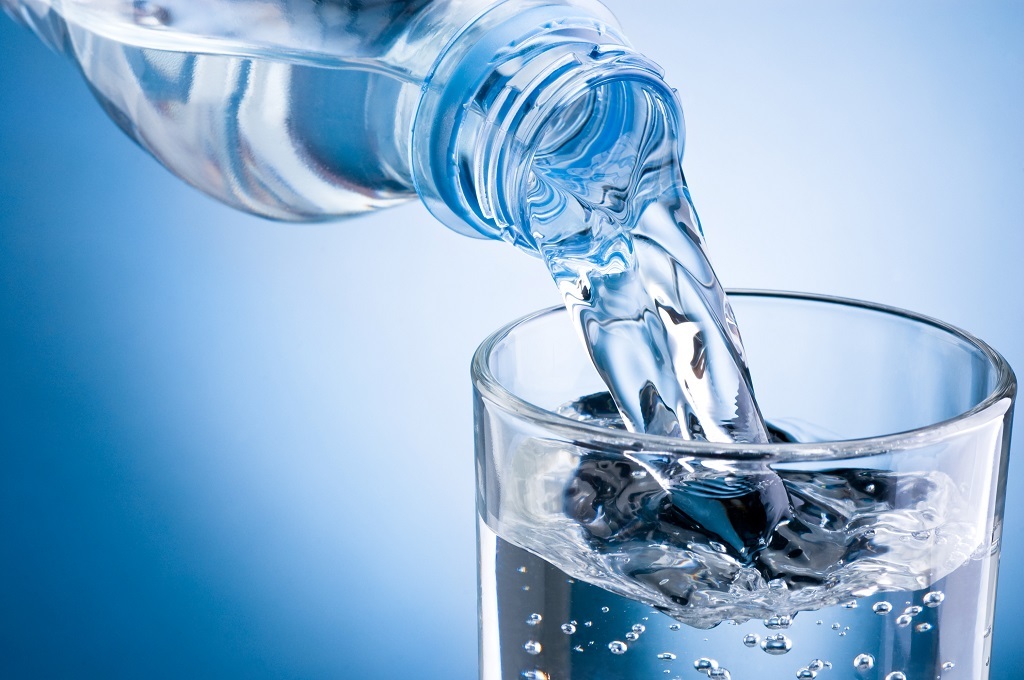Plastic bottles, the damage they do to our seas, and the safety of bottled water have been regular news headlines over the past few weeks.
Research has suggested the amount of discarded plastic in the ocean will treble in the next decade, to a study warning about the safety of bottled mineral water.
Scottish company ACE Recycling, based in Musselburgh near Edinburgh, recycles plastic and other materials from offices across central Scotland and is giving some advice after the news stories.
The firm’s Roger Green said: ‘A recent study by scientists at the State University of New York tested over 250 bottles of mineral water from 11 different brands.
‘The study found all the mineral water bottles were contaminated by potential harmful particles of microplastic. So, the question is: are plastic bottles safe and is bottled mineral water no longer safe to drink?’
Microplastics are tiny particles of plastic that result from the degradation of larger plastic products. These microplastics may come from many different products, such as cosmetics, packaging and clothing.
The recent study conducted was only focused on the safety of the water and the bottles regarding the contamination of microplastics. While the study said the microplastics are ‘potentially harmful’, the World Health Organisation is now focusing studies on whether consuming microplastics actually has a detrimental effect on our health.

Bottled water has been making headlines recently
The UK Food Standards Agency has also released a statement stating there is currently no information that would suggest that bottled water could harm customers.
As well as this, microplastics are not the only concern for the safety of bottled water.
Roger said: ‘Many brands of bottled water do not source directly from a spring.
‘Around 25% of bottled water is tap water that has been filtered by ultraviolet light. This water is then passed on to the consumer at a premium price.
‘Studies into the safety of bottled water have shown that some plastic water bottles contain mould, microbes, phthalates and even E. Coli. With this in mind, your tap water may be safer and kinder on your body than bottled water.
‘Many people steer away from plastic bottles that contain Bisphenol A (BPA) as studies have shown that the toxin can leach into our water and can affect and disrupt hormones.
‘It is much safer, and kinder to the environment to invest in a refillable water bottle. Stainless steel is considered the most reliable and safest material for containers, and make the most of refill stations across shops, cafes and workplaces.
‘Workplaces can make it easier for staff by having water stations available which can also help to cut the amount of waste your business creates too.’
ACE Recycling – info@acerecycling.com – offer a no-obligation review of office recycling to create recycling strategies.
TAGS

